As Congress prepares to reconvene in Washington, D.C., a storm is quietly brewing over the federal budget.
The House Freedom Caucus has come out swinging with some hard-hitting demands, setting the stage for what promises to be a fiery round of debates over how the country’s money should be spent.
The Threat of Shutdown
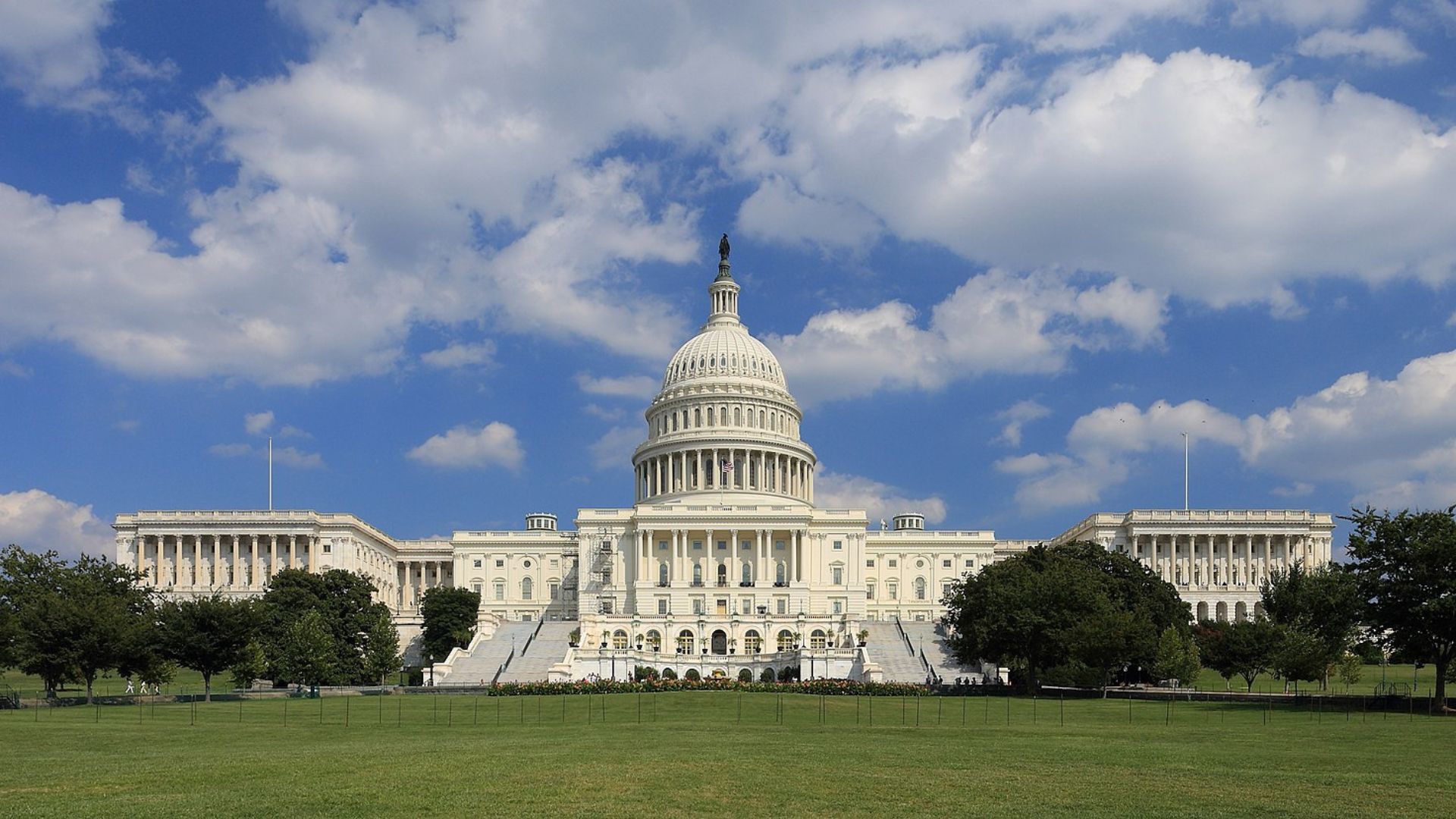
The end of September marks a crucial deadline for Congress to fund all government agencies.
With time running out, the pressure is on to strike a deal and keep the government running. Will they make it, or are we heading towards a shutdown?
Hardline on Voting Rights
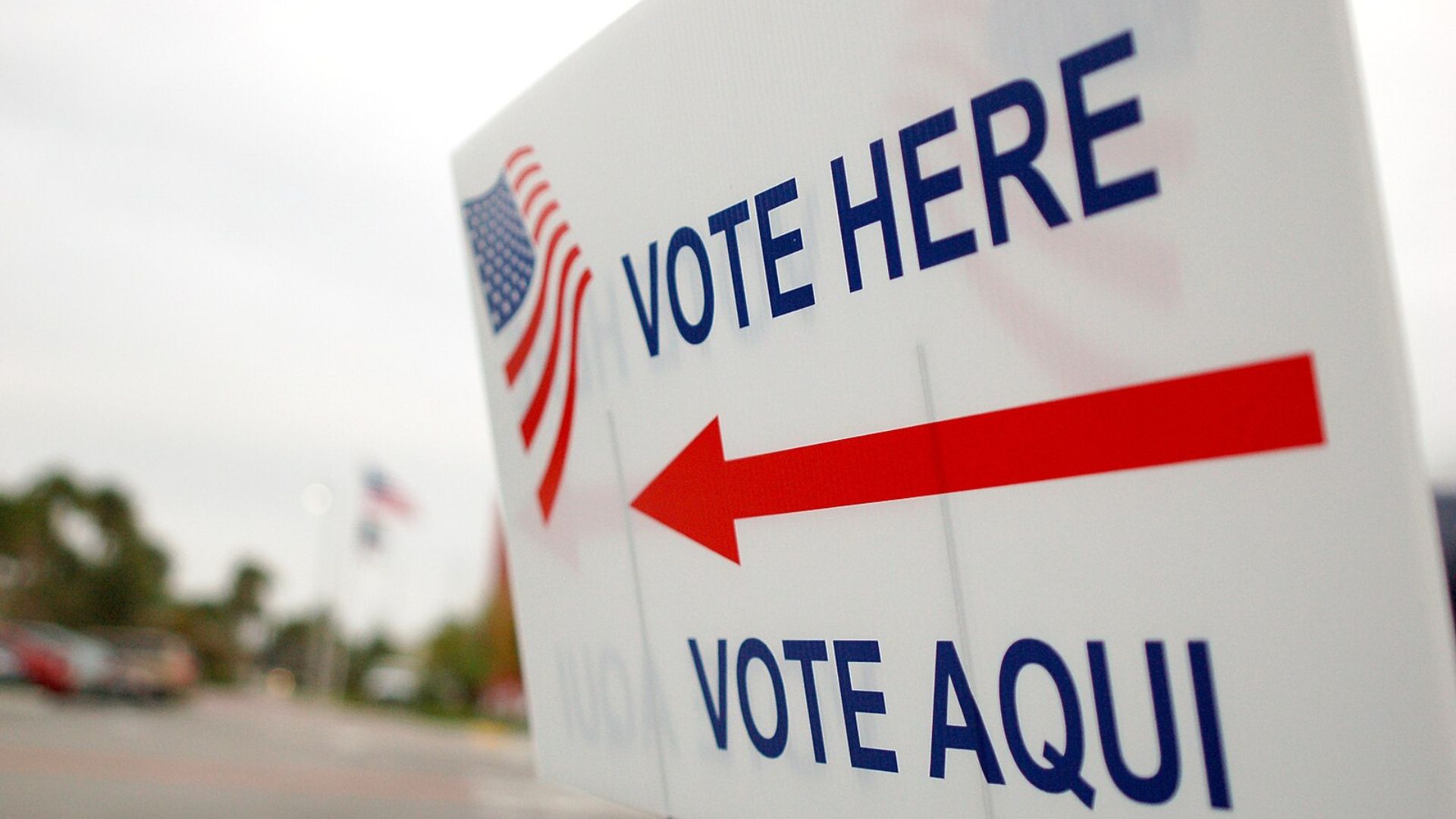
The ultra-conservative House Freedom Caucus isn’t making it easy.
They’re pushing hard to include a ban on illegal immigrants voting as part of any new spending deal. Will their hardline stance throw a wrench in the works?
The SAVE Act Saga
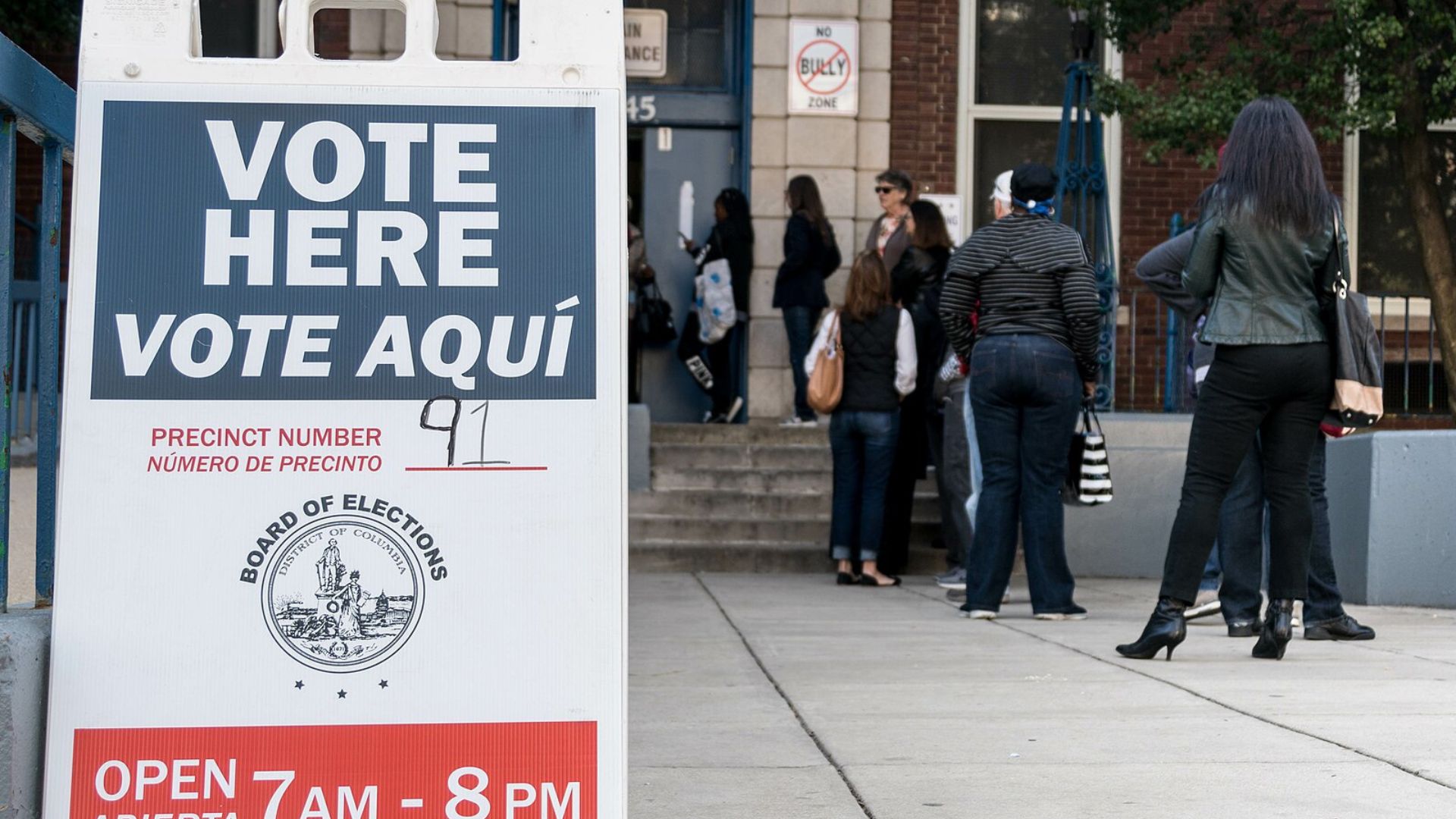
At the heart of the debate?
The SAVE Act, which demands proof of citizenship for voting in presidential elections. This bill has sparked a serious divide, with Democrats strongly opposed.
Democratic Dilemma
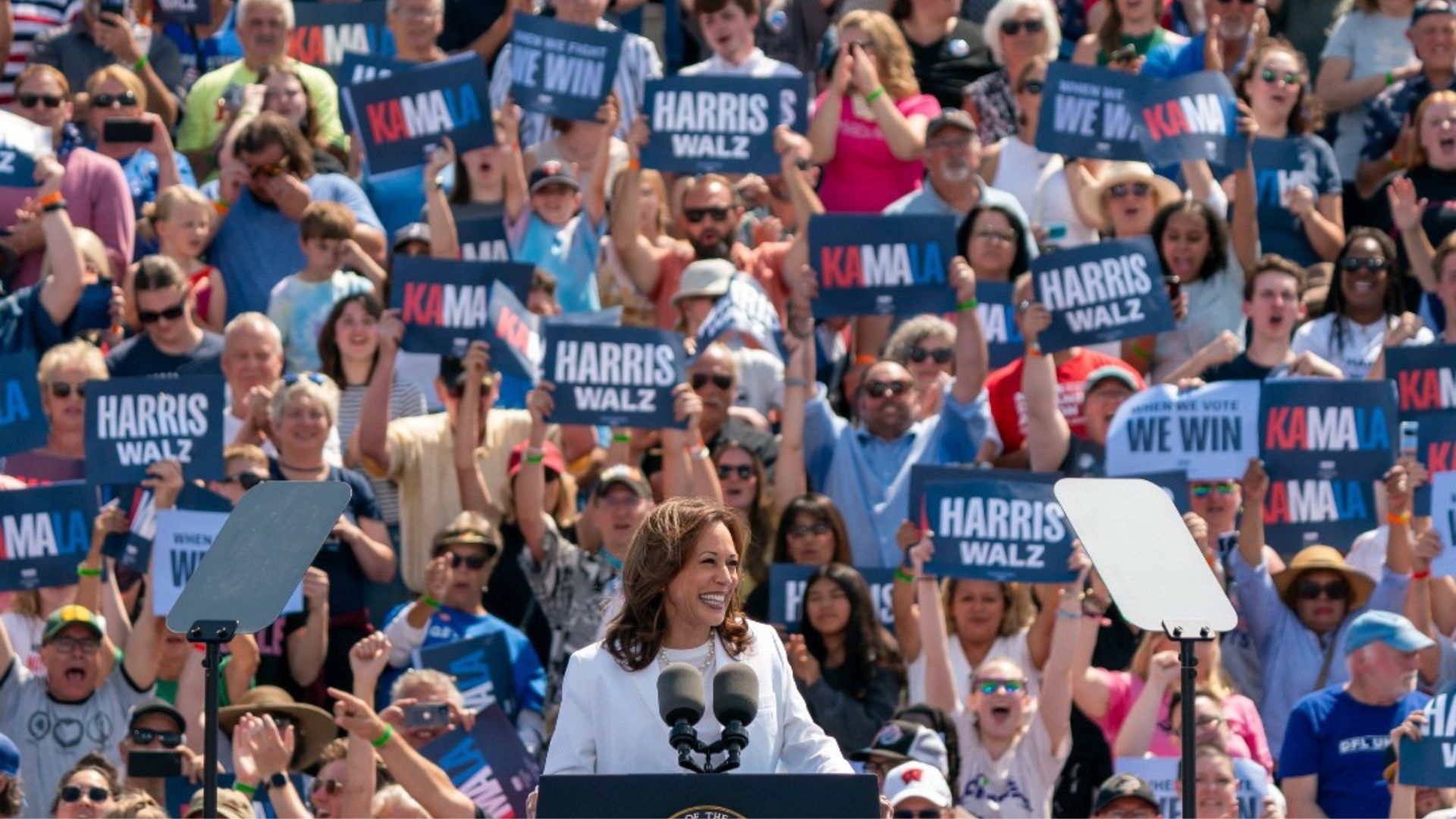
Inclusion of the SAVE Act could derail everything.
Democrats are crying foul over the bill, which they argue would unfairly restrict voting access. With tensions high, the threat of a shutdown grows stronger.
A Fragile Republican Majority
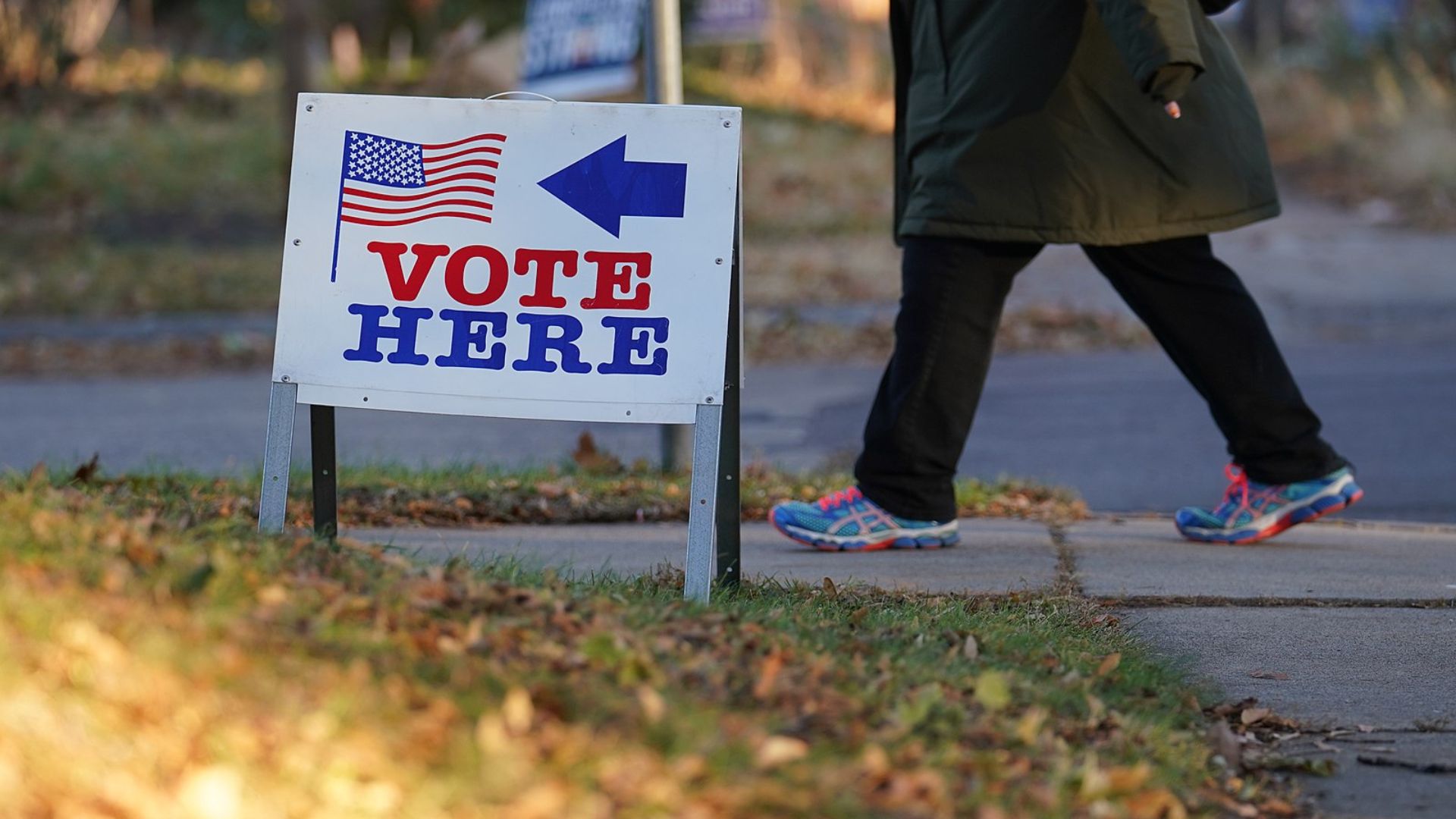
With only a slim majority, the Republicans can’t afford to lose any votes, especially not from the Freedom Caucus.
The political balance is delicate, and the inclusion of the SAVE Act could tip the scales towards a shutdown.
Caucus Makes Their Case
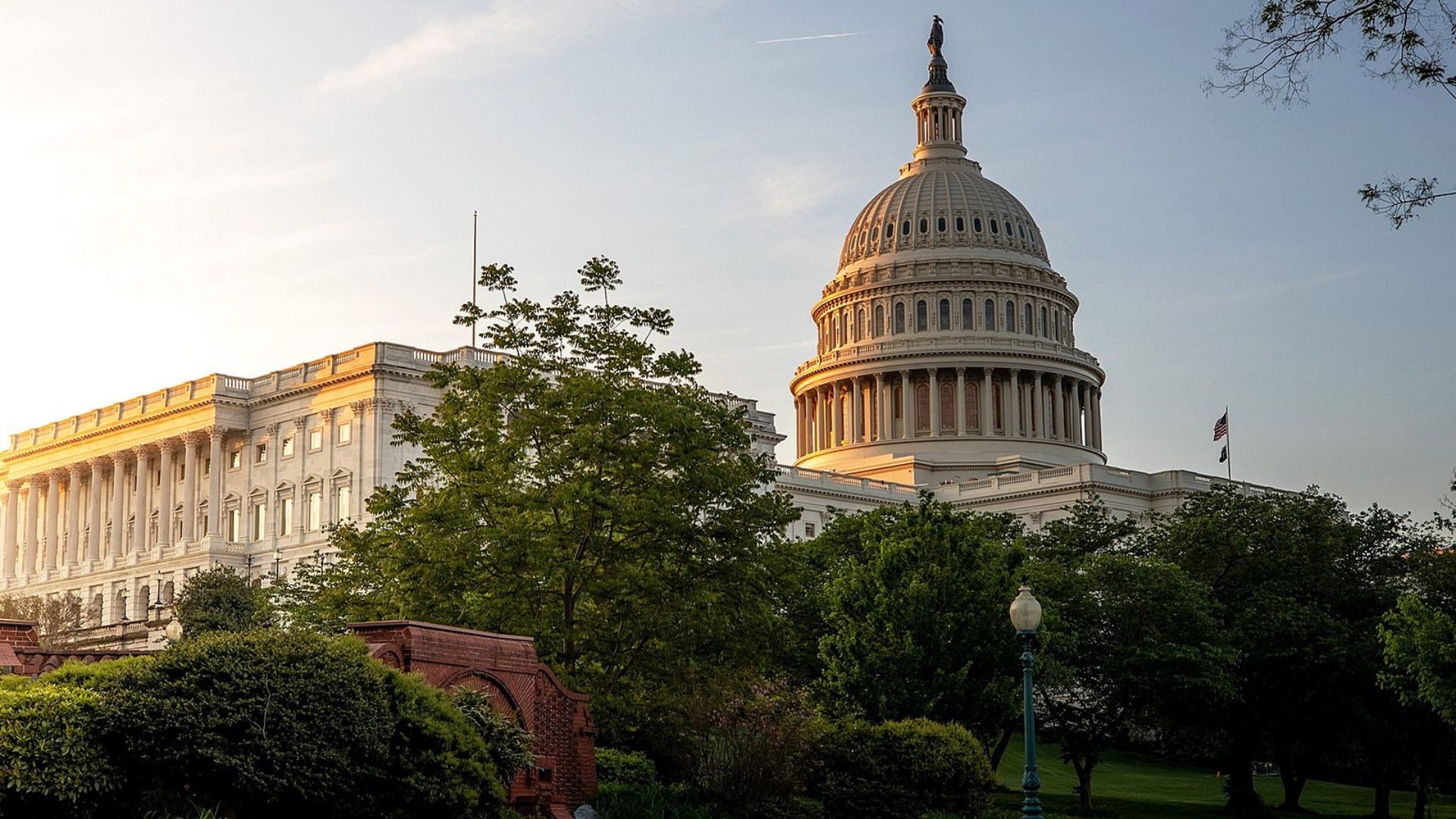
“The House Freedom Caucus believes that House Republicans should return to Washington to continue the work of passing all 12 appropriations bills to cut spending and advance our policy priorities,” stated the Caucus.
They’re not just focused on budget cuts; they’re looking to reshape voting regulations too.
Tightening the Reins on Voting
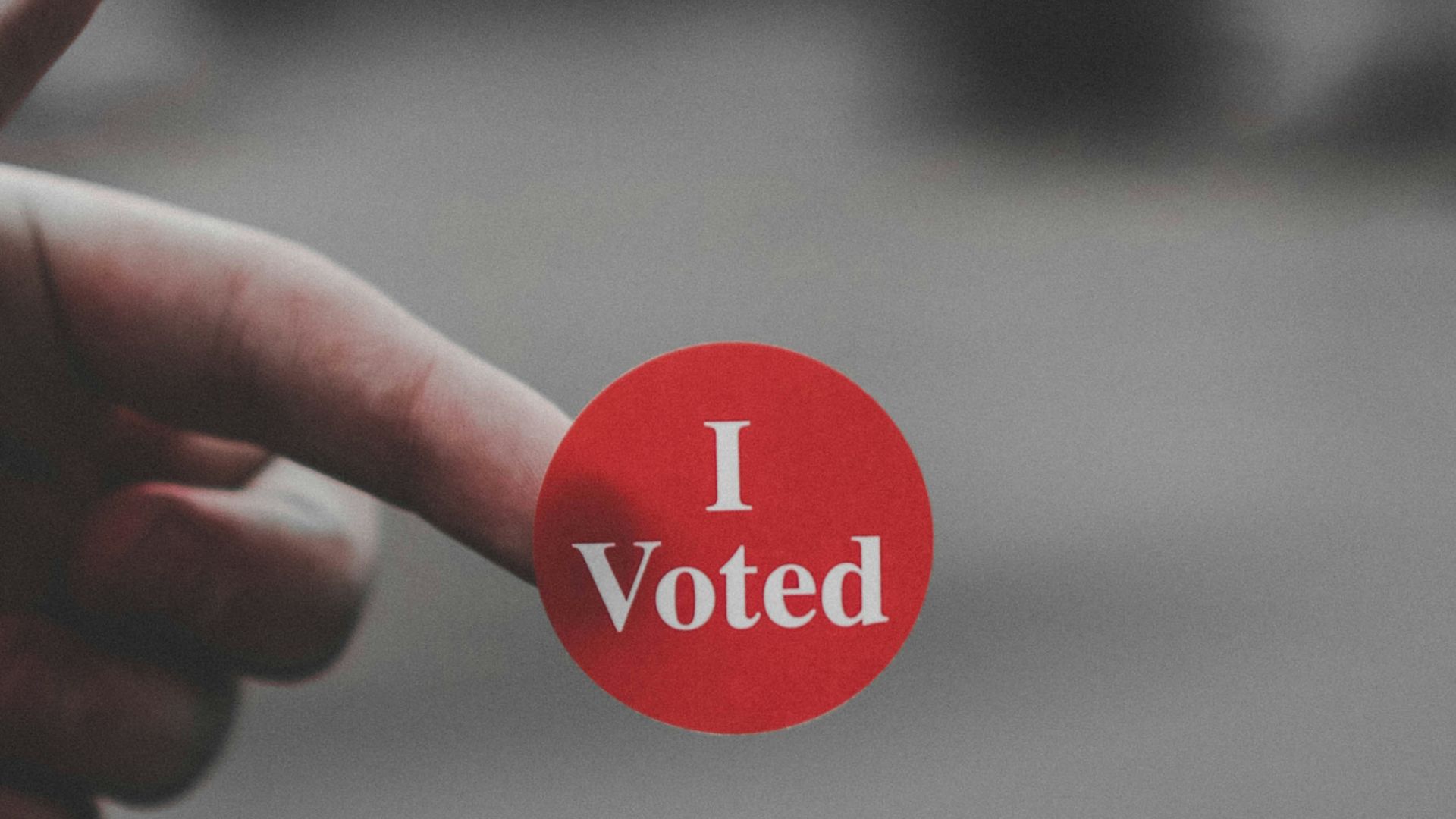
The proposed SAVE Act would introduce stricter ID requirements for voters, which could dramatically alter the voting process.
This push for more rigorous ID laws is intended to secure elections but could also limit who gets to cast their ballots.
Virginia’s Voter Roll Cleanup

The debate is fueled further by Virginia Governor Glenn Youngkin’s recent actions.
He revealed that the state had removed thousands of illegal voters from its rolls, spotlighting the ongoing concerns over election integrity.
The Race Against Time
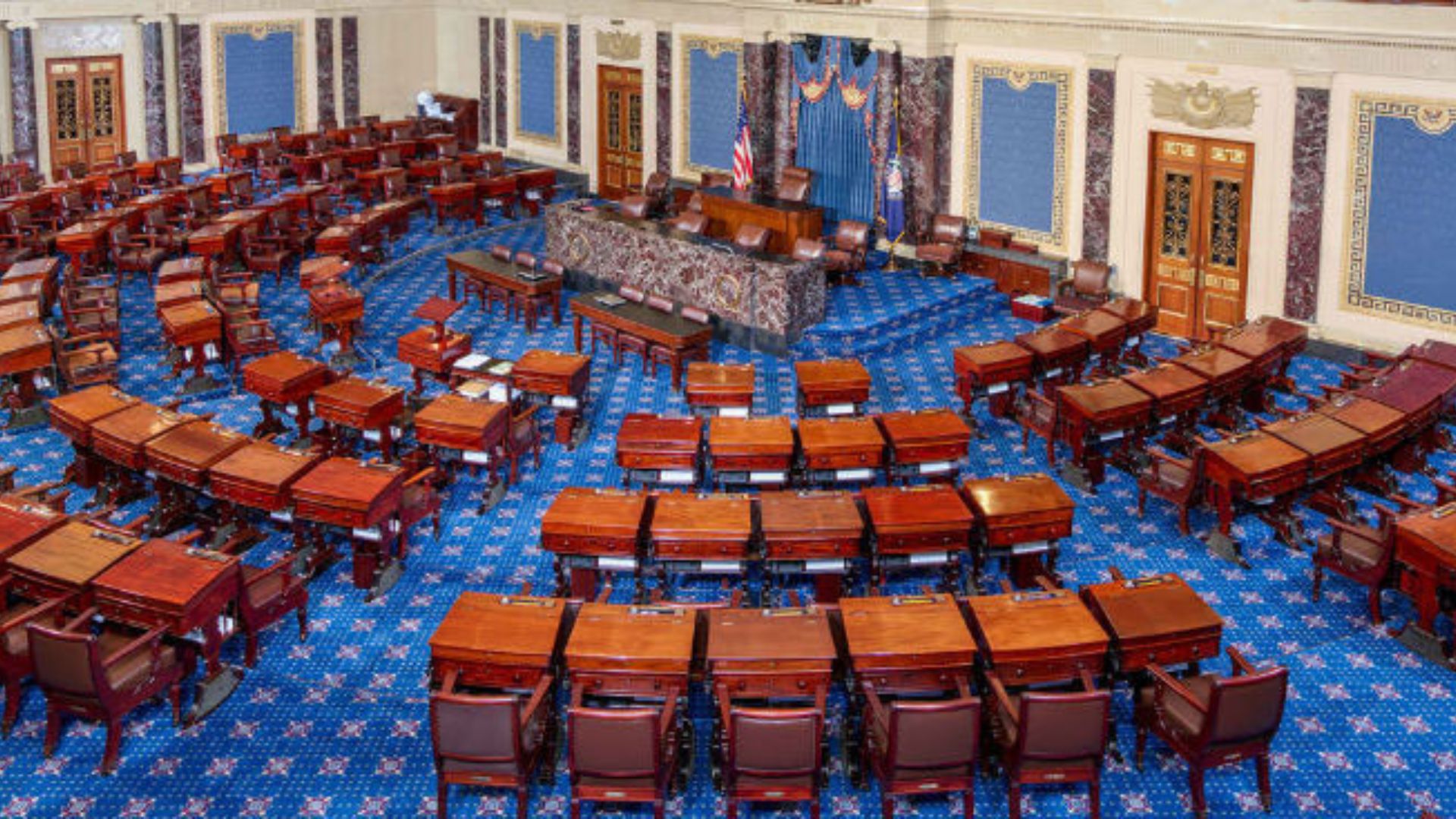
With the deadline fast approaching, Congress may need to pass a continuing resolution to keep the government running temporarily.
This stopgap measure would extend funding at 2024 levels but is only a short-term fix.
A Strategic Gamble
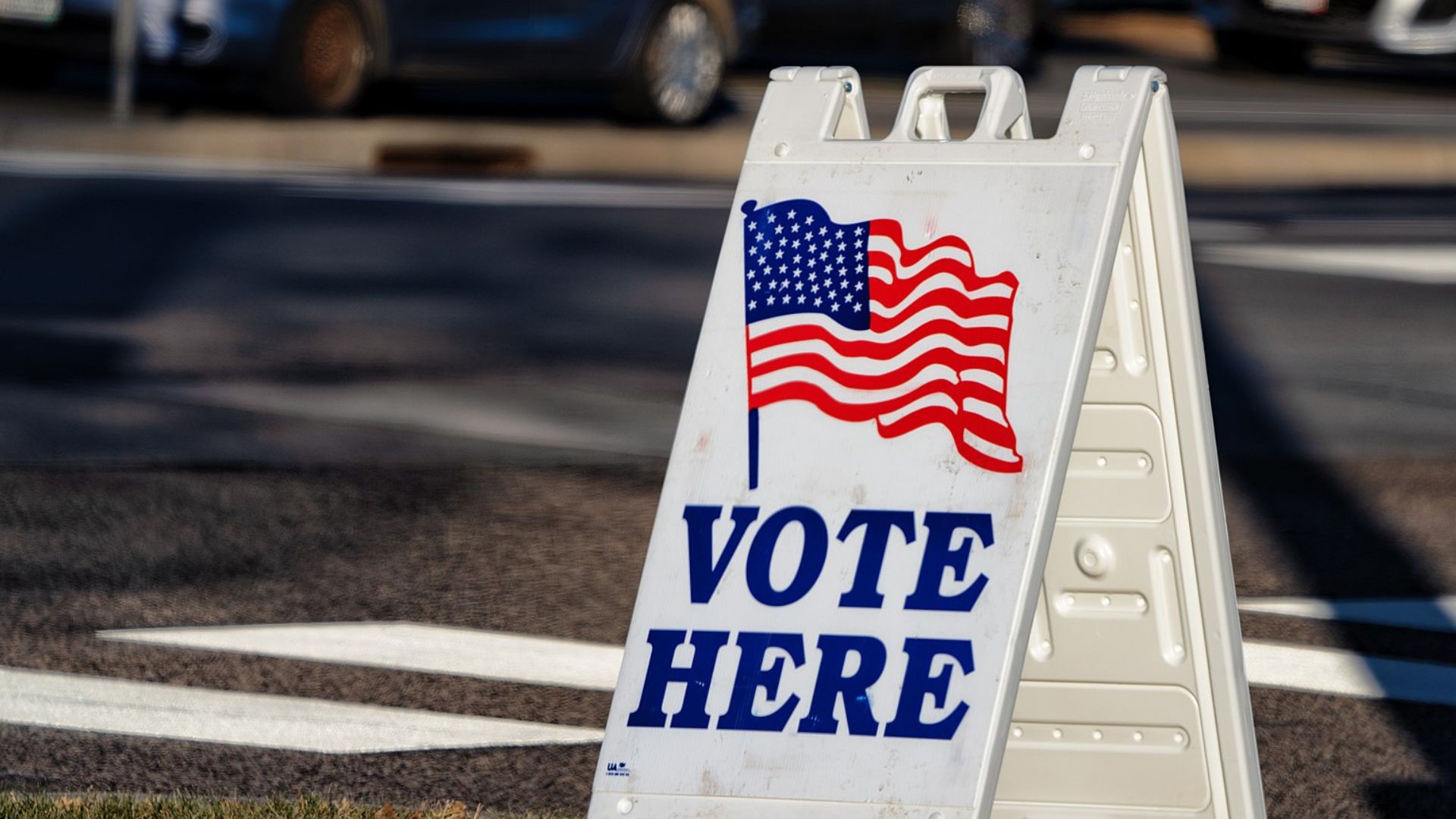
The Freedom Caucus is backing a temporary funding extension, hoping it lasts until the next presidential term.
It’s a calculated risk, betting on a political landscape that could shift dramatically after the next election.
A Congested Legislative Path
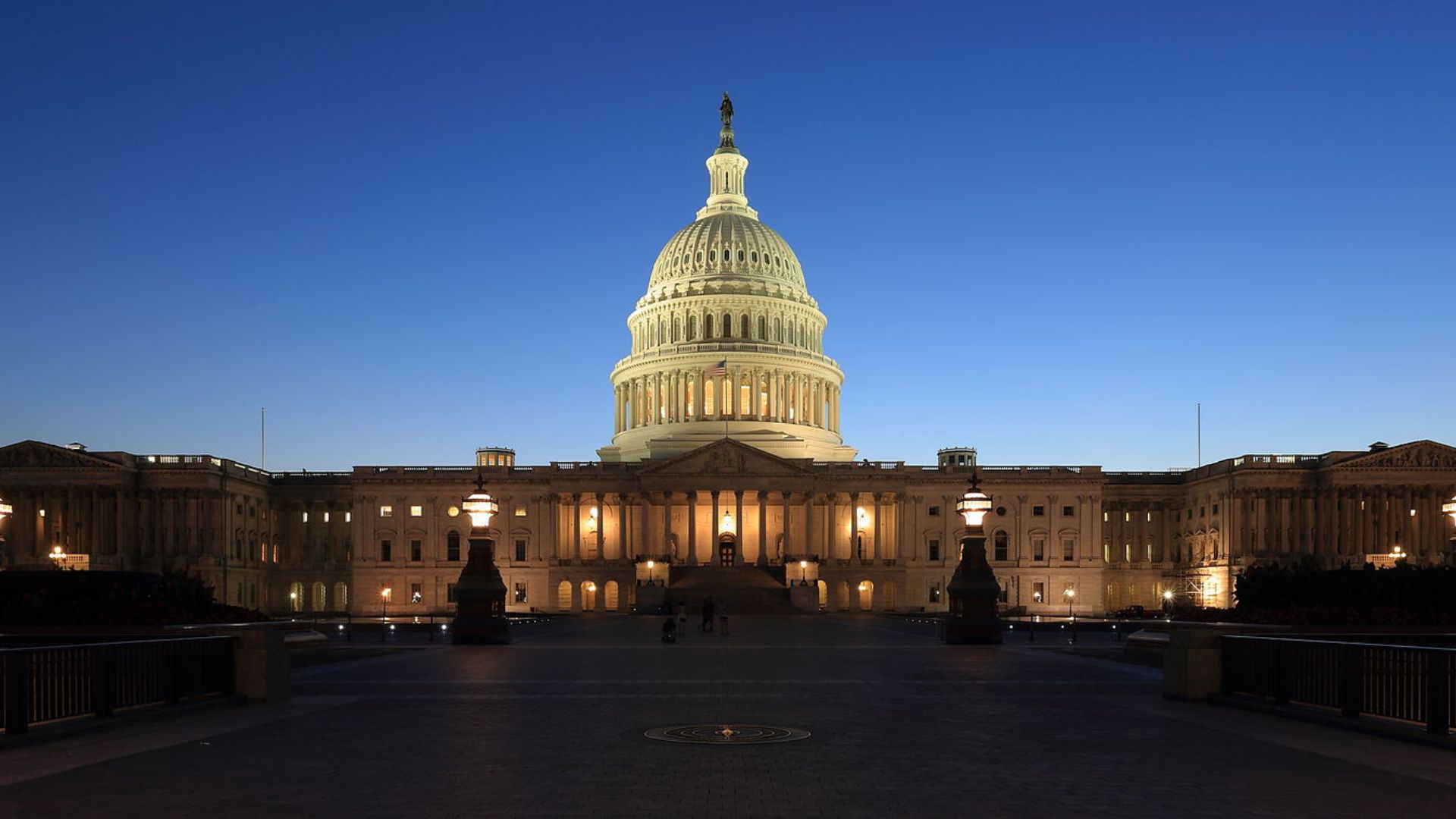
While the Freedom Caucus pins their hopes on temporary measures, other Republicans are pushing for a more straightforward approach: pass individual appropriations bills for each government agency.
But with the Senate at a standstill and only half the necessary bills passed in the House, the road ahead is anything but clear.
